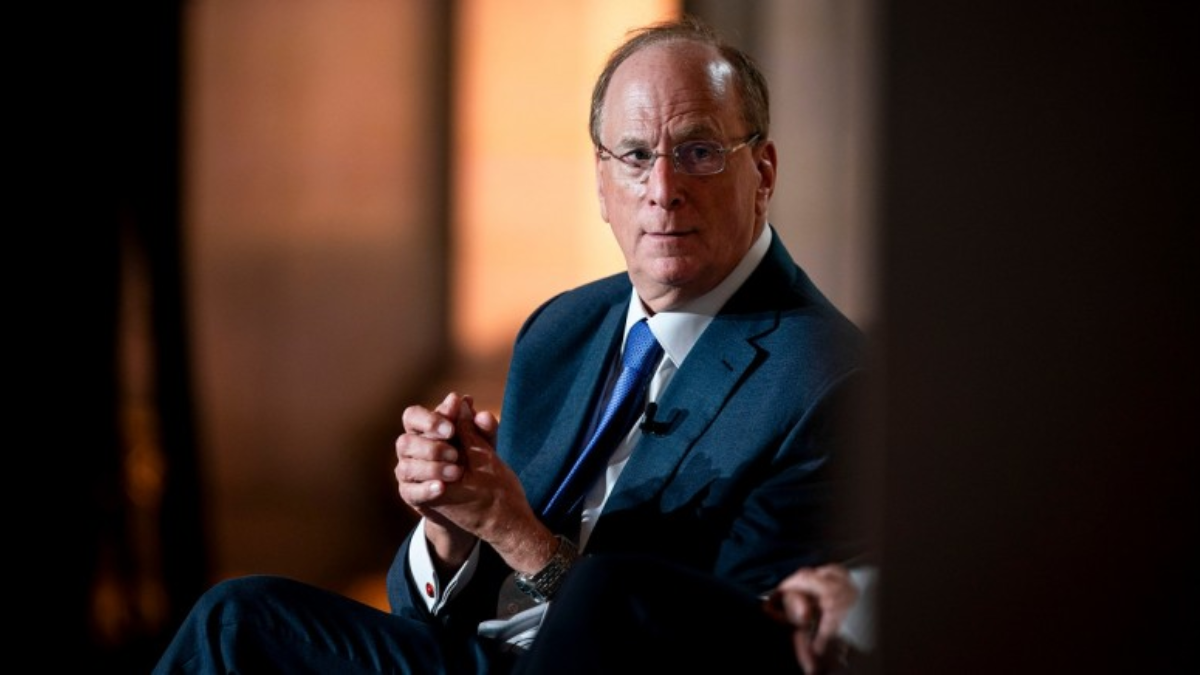West Virginia lawmakers are considering two major energy bills aimed at ensuring reliable electricity while keeping costs down for residents. However, both consumer advocates and utility companies fear these new regulations could backfire, leading to even higher electricity bills. Let’s break down Senate Bill 505 (SB 505) and House Bill 2014 (HB 2014) and what they mean for West Virginians.
The Senate’s SB 505: The Reliable and Affordable Electricity Act
On Thursday, the West Virginia Senate passed SB 505, also known as the Reliable and Affordable Electricity Act, in a 22-11 vote. The bill, backed by Senate Energy, Industry, and Mining Committee Chairman Chris Rose, aims to ensure the state’s electricity remains affordable and reliable by regulating how power companies adjust their rates.
What Does SB 505 Do?
- Requires the Public Service Commission (PSC) to consider bulk-power system reliability when approving electric rate changes.
- Mandates detailed evaluations of new and retiring power plants and transmission assets to ensure they can handle peak demand.
- Establishes a pay-for-what-you-get model for determining utility company profits, based on the capacity value of different power sources.
- Incentivizes coal-fired power plants over renewables like wind and solar, which have lower reliability scores.
Why Supporters Back SB 505
Supporters argue that utilities are shutting down coal plants in favor of less reliable energy sources, leading to price volatility and outages. Rose believes the bill will prevent customers from covering the costs of idle plants while encouraging utilities to run coal plants at higher rates.
Why Critics Oppose SB 505
However, FirstEnergy (MonPower and Potomac Edison) and AEP (Appalachian Power and Wheeling Power) strongly oppose the bill. They argue that:
- It introduces an unprecedented and complex regulatory framework, making rate adjustments more difficult.
- It could increase electricity rates instead of lowering them by discouraging investment in new power infrastructure.
- It may lead to higher costs for utilities, which could be passed on to consumers.
Consumer advocacy group Energy Efficient West Virginia also criticized the bill, saying it does nothing to reduce electric bills and instead forces ratepayers to subsidize aging power plants.
The House’s HB 2014: The Certified Microgrid Program
Another bill raising concerns is HB 2014, which originally included provisions similar to SB 505. However, recent amendments have removed some of the more controversial elements.
What Does HB 2014 Do?
- Establishes the Certified Microgrid Program to encourage the development of industrial facilities and data centers powered by dedicated microgrids.
- Allows up to 10% of microgrid-generated electricity to be sold on the wholesale market.
- Removes a controversial provision requiring coal-fired power plants to run at a 69% capacity factor.
- Changes coal stockpile requirements from 45 days to a 30-day rolling average.
Why Supporters Back HB 2014
House Finance Committee Vice Chairman Clay Riley argues the bill will attract data centers and manufacturing facilities to West Virginia by ensuring a stable and affordable energy supply.
Why Critics Oppose HB 2014
Despite modifications, utility companies and consumer advocates remain concerned. AEP and FirstEnergy warn that aspects of the bill could lead to rate increases, while consumer groups argue the bill prioritizes subsidies for power plants over actual improvements to grid reliability.
The Bigger Picture: What’s Next for West Virginia’s Energy Market?
Both SB 505 and HB 2014 highlight the ongoing debate over West Virginia’s energy future. While lawmakers claim they aim to protect consumers from rising costs, opponents argue the bills could result in higher electricity rates and reduced investment in new power infrastructure.
As the House prepares to vote on HB 2014 next week, the fate of these bills will determine whether West Virginians see relief on their electricity bills—or face even higher costs in the long run.










